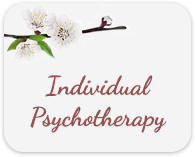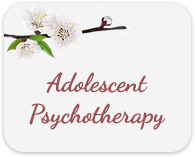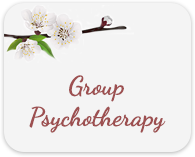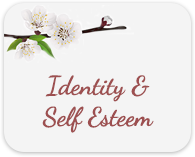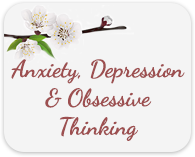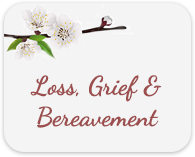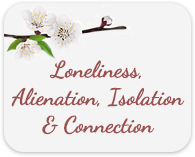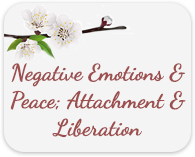

Fran Miller, Ph.D.
Licensed Psychologist | 503.704.7974
“When you reflect on the infinite number of happenstances that coalesced to produce you, then you understand how unique, how precious, how sacred you really are. Your task is to cultivate that precious, sacred nature and help it to flower.” Robert Aitken, Roshi
I am a licensed psychologist with an independent practice at two locations in Portland, Oregon. I specialize in integrating psychological and spiritual growth, and work with people of all religious and spiritual beliefs, Jewish, Protestant, Catholic, and Eastern. My own background is Protestant, Catholic, and Zen Buddhist.
The focus of my clinical work includes formation and clarification of identity, development of self-esteem, anxiety, depression, post trauma, loss and grief, creativity, artists’ issues, career development, religious, existential and spiritual issues, mindfulness practice, and meditation.
If you are interested in psychotherapy or consultation, please call 503-704-7974. I am currently adding a few people to my practice. Please remember to include your insurance company if you are using insurance, and give me some of he following information: your age, education, work, family circumstances, and emotional status. That will help me determine if I would be an appropriate therapist for you.
